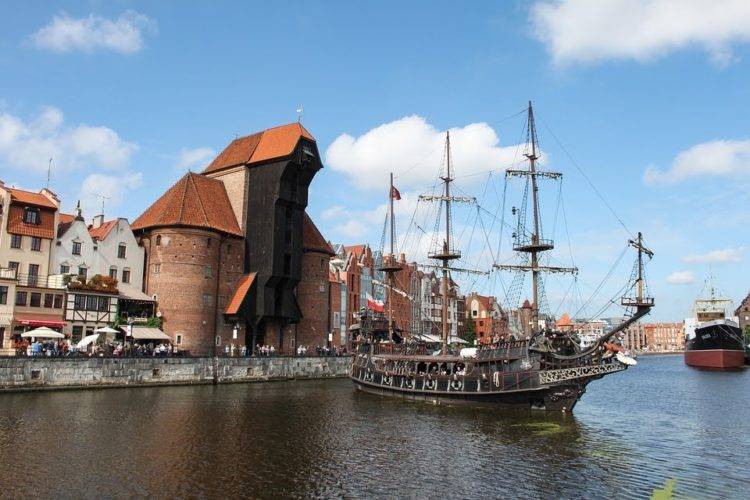In a bid to enhance public safety and quality of life, the city council of Gdańsk has voted to impose a nighttime ban on alcohol sales across the entire city. The measure, set to take effect on September 1, restricts alcohol sales from 10 p.m. to 6 a.m. in stores and gas stations but does not apply to restaurants, bars, or pubs.
The decision follows a successful trial in the city’s central district, where a similar ban has been in place. According to city officials, the existing restrictions in the central district have led to a significant reduction in alcohol-related incidents and disturbances.
Background and Rationale
The move is part of a broader effort to address concerns about excessive alcohol consumption and its impact on public order. Gdańsk’s Deputy Mayor, Monika Chabior, explained that the plan was developed in response to numerous reports of alcohol-related problems. Proponents of the ban argue that limiting alcohol availability during late hours can reduce incidents of public disorder and vandalism.
Cezary Śpiewak-Dowbór, chairman of the Civic Coalition Club, emphasized that the document was crafted over several months. He highlighted issues with intoxicated customers disrupting order near late-night shops and the problem of consuming small, cheap alcohol bottles known as “małpki.”
Katarzyna Czerniewska, chair of the “Everything for Gdańsk” club, noted that the proposal was based on the Act on Sobriety and Counteracting Alcoholism. She mentioned that district councils suggested extending the ban further but were limited by legal constraints.
Impact and Exceptions
Currently, Gdańsk has 65 points of sale offering alcohol around the clock, with 53 being gas stations. The new rules will not affect duty-free shops at Gdańsk Airport, accessible only to travelers who have passed security checks.
The city council also approved regulations for the location of alcohol-selling shops, requiring them to be at least 75 meters away from protected areas like homeless shelters, addiction treatment centers, and schools. This change will take effect on January 1, 2026.
Reactions and Precedents
While 26 council members voted in favor of the ban, seven abstained. Tomasz Rakowski, chairman of the Law and Justice Party club, criticized the measure, suggesting that it does not address the root causes of excessive drinking and that the problem is mainly confined to the central district.
Gdańsk joins other major Polish cities like Kraków, Bydgoszcz, and Biała Podlaska in implementing a citywide nighttime alcohol ban. Similar restrictions are in place in parts of cities such as Wrocław, Poznań, and Katowice.
The opinions of Gdańsk residents regarding the new regulations on nighttime alcohol sales are varied. Some residents, particularly those living in central districts, positively view the introduction of the ban, seeing it as a way to improve quality of life and nighttime quiet. In the past, in the city center, 70% of residents complained about nighttime noise, and 78% believed that the main problem was the loud behavior of people consuming alcohol in public spaces.
On the other hand, some criticize these regulations, arguing that they do not address the problem of excessive alcohol consumption and merely shift it to other places, such as restaurants and bars. For example, Tomasz Rakowski from the Law and Justice Party suggested that the problem is mainly confined to the city center and should be solved differently.
Among residents, there is also the opinion that implementing such regulations is beneficial because it can reduce the number of police and municipal guard interventions, as well as vandalism and brawls. However, some believe that bans are not an effective way to reduce alcohol consumption or treat alcoholism.
The authorities in Gdańsk emphasize that the new regulations are the result of public consultations and aim to improve safety and quality of life for residents.
Conclusion
The implementation of the nighttime alcohol ban in Gdańsk reflects a growing trend among Polish cities to address alcohol-related issues through regulatory measures. As the city prepares for the new rules to take effect, residents and businesses are bracing for changes that could significantly impact nightlife and public safety.


















